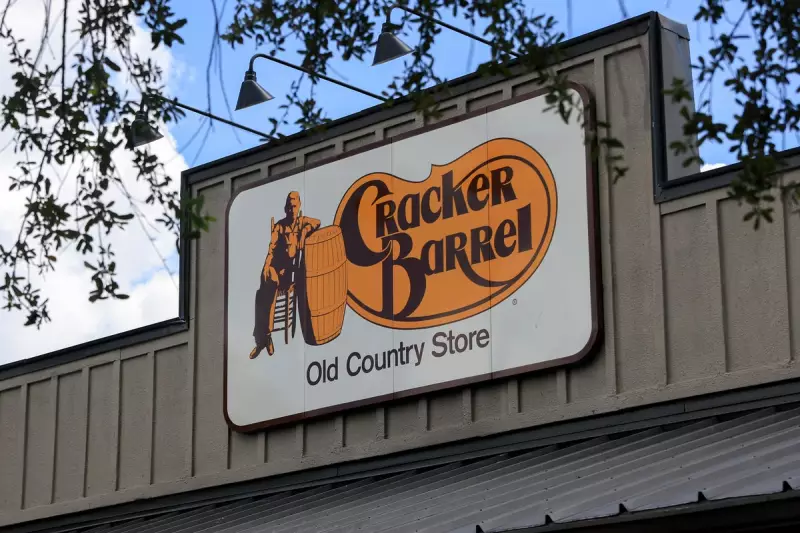
American comfort food chain Cracker Barrel has ignited a firestorm of controversy, finding itself squarely in the crosshairs of the US culture wars. The iconic restaurant, long a favourite in conservative and rural heartlands, is facing a fierce backlash and calls for a boycott from right-wing commentators and customers.
The uproar began after the company announced a new initiative, 'Cracker Barrel Old Country Store, The Next Chapter', aimed at modernising its brand. While details were scant, the mere suggestion of change was enough to trigger a wave of fury online.
The Heart of the Backlash
Critics swiftly accused the chain of 'going woke' and abandoning its traditional, Southern identity. Prominent conservative voices, including commentator Tomi Lahren, amplified the outrage to their millions of followers. Lahren slammed the move, vowing to take her business elsewhere and declaring the chain 'dead to me'.
The backlash was fuelled further by unfounded rumours and satirical posts that were mistaken for fact. A parody video suggesting the chain would change its name to 'Cracker Barrel' and replace its classic rockers with modern furniture was widely shared as genuine, adding fuel to the conservative outrage.
Between a Rocker and a Hard Place
This incident highlights the delicate balancing act many heritage brands face. Cracker Barrel's stated goal is to 'refresh' its brand and attract new, younger guests while retaining its core customer base. However, this strategy risks alienating the very patrons who have been its most loyal supporters.
The company's response has been to double down on its commitment to tradition. A spokesperson emphasised that the iconic rockers on its porches and the peg games on its tables are 'staying right where they are', in a clear attempt to placate angry customers.
For now, Cracker Barrel finds itself caught in America's intense culture wars, a testament to how even a simple rebrand can become a potent political flashpoint.




